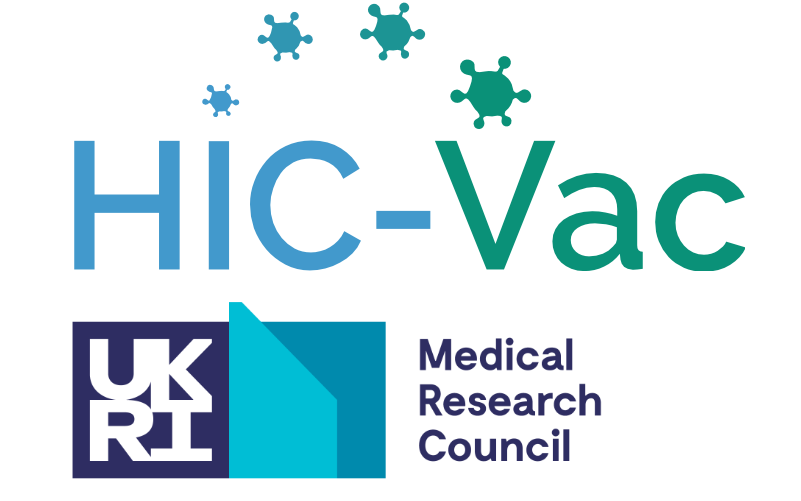No clinical study is completely risk-free, but the researchers who designed the human infection study have done everything possible to minimise the risks to the volunteers who are taking part, the study staff, and wider society. The team have also ensured that potential volunteers are fully informed about the risks before agreeing to take part.
The volunteers allowed to join the study are at the lowest risk of becoming severely unwell with COVID-19; they are young (18-30 years old) and in good health. During the study they might get common symptoms of COVID-19 (including fever, tiredness, a cough, and changes to taste/smell), but these are expected to be mild and of short duration (1-2 weeks).
There is a small risk (1%) of the volunteers getting long COVID. Around one in 100 people in this age group still have symptoms 8-12 weeks after being exposed to SARS-CoV-2 naturally. Volunteers will be monitored for a year after being exposed to the virus, and if anyone develops long COVID they will be supported (both in terms of care via specialist clinics and compensation for loss of earnings).

Severe disease or death due to COVID-19 in young people is very uncommon, but there is still a small risk. Based on data from natural infections in Europe in 2020, if Wembley Stadium (which holds 90,000 people) was full of people aged 18-30 all infected with coronavirus:
- 1-5 of them would die
- 8-40 of them would need to be admitted to ITU
- 72-351 would need some form of hospital care
However, the risk of the volunteers in the study becoming seriously unwell or dying is lower than this, because they are screened for underlying health conditions and other factors that increase the chances of severe disease.
There are also other measures in place during the study to minimise these risks, including giving the volunteers the smallest amount of virus needed for infection and constantly monitoring them for early signs of more serious symptoms.
If any of the volunteers show any concerning symptoms, they will be moved from the controlled facility where the study is taking place into the main hospital (The Royal Free Hospital), which has one of the best infectious disease teams in the world and would take over their care. The study is fully insured should any volunteer experience any serious consequences.

